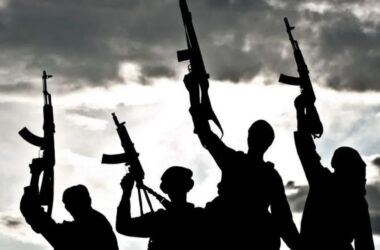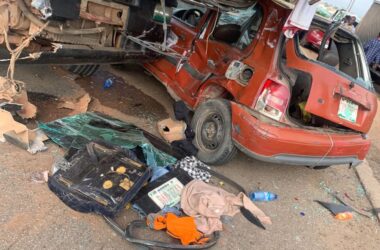The Federal Government has assured Nigerians that their fellow citizens living in Iran are safe, following the recent outbreak of violence in the region.
This update was shared by the Nigerians in Diaspora Commission (NiDCOM) along with the Nigerian Embassy in Tehran. The government confirmed that no Nigerian has been reported injured or killed since the Iran-Israel conflict began earlier this month. The situation, they noted, is being carefully monitored, and the safety of Nigerians remains a top priority.
Abike Dabiri-Erewa, Chairman of NiDCOM, noted the government’s commitment to keeping Nigerians abroad secure. “We remain committed to the safety and well-being of all Nigerians in the diaspora. The situation in Iran underscores the need for proactive engagement and a strong support system,” Dabiri-Erewa stated through a press release issued by Gabriel Odu from NiDCOM’s Public Relations and Protocols Unit.
She praised the quick response of the Nigerian Embassy in Tehran, which temporarily moved operations to Armenia. This step, she noted, was taken to ensure that consular services continued without interruption, even as tensions increased in Iran.
To further safeguard citizens, Nigerians living in Iran were advised to move to safer northern areas such as Shomal, Qom, and Ghaemshahr. These locations were chosen as emergency assembly points, should evacuation become necessary. An embassy official noted that these efforts have been effective and that the atmosphere in these areas has returned to normal.
In response to a video shared widely online, the government cleared the air about a Nigerian man making alarming claims about the security situation. The embassy stated that the man in the video had a history of legal issues, including human trafficking and allegedly using other Nigerians as collateral in drug deals. Though he had a standing deportation order, the embassy had helped secure his release months ago based on humanitarian reasons. He had refused to leave Iran until the recent conflict began.
“Our responsibility is to all Nigerians, regardless of their situation. While we do not condone unlawful acts, we intervened in the spirit of national duty,” the embassy said in the statement.
Officials urged Nigerians abroad to register with the appropriate embassies. This, they said, makes it easier to provide help during emergencies or unrest.
The Iran-Israel crisis began on June 13, when Israel carried out large-scale air attacks across Iran, striking more than 100 locations, including military and nuclear targets. Iran responded with missile strikes, and the conflict led to significant casualties. Iran’s Health Ministry reported that at least 610 civilians have died and over 4,700 have been injured, including children, doctors, and rescue workers. Many hospitals and ambulances were damaged in the crossfire.
Due to the violence, several countries evacuated their citizens. These included Germany, Greece, Slovakia, Bulgaria, and the Czech Republic. Some of those fleeing had to cross borders on foot before being flown out.
A ceasefire was announced by U.S. President Donald Trump on Tuesday, offering some hope for an end to the war.










